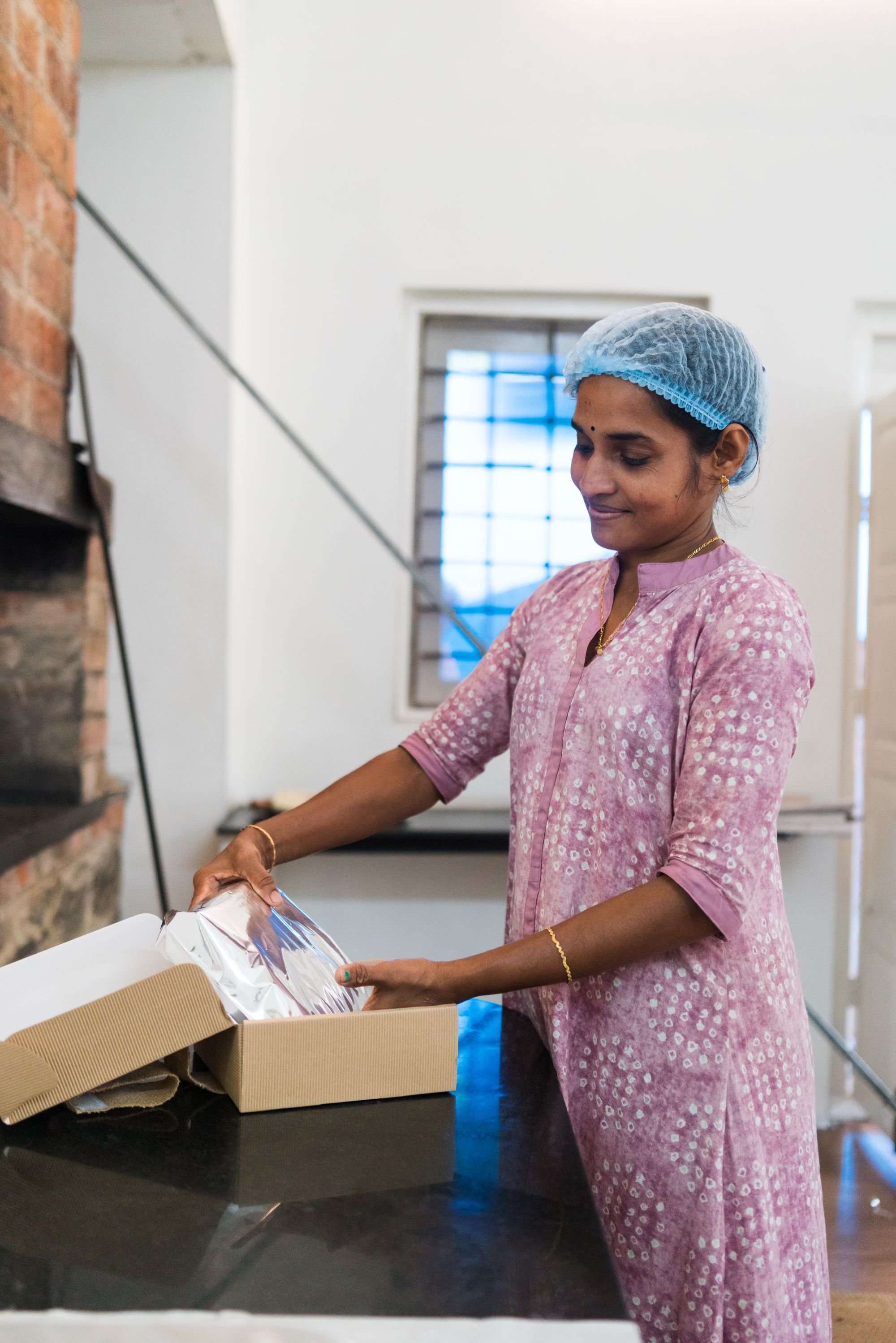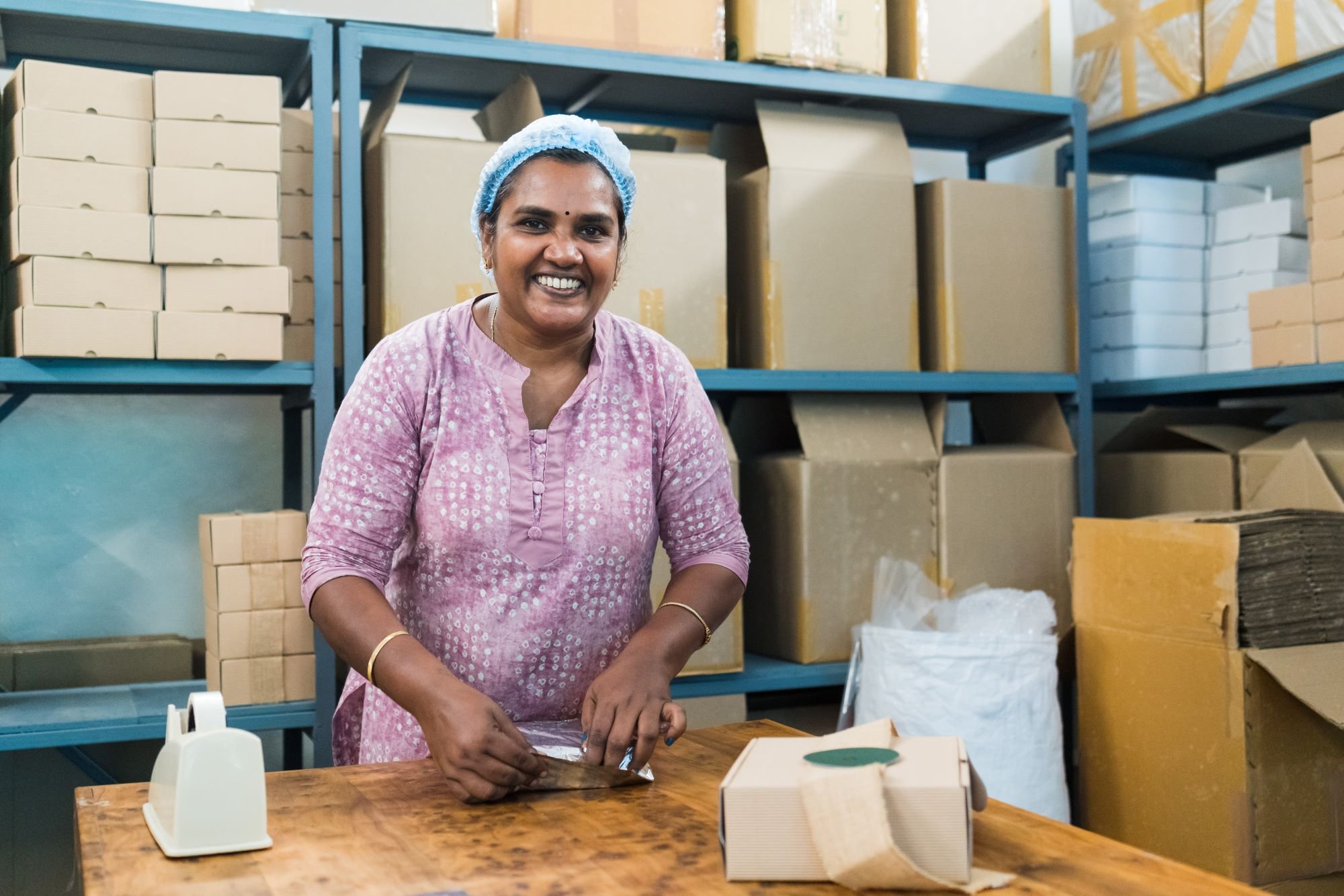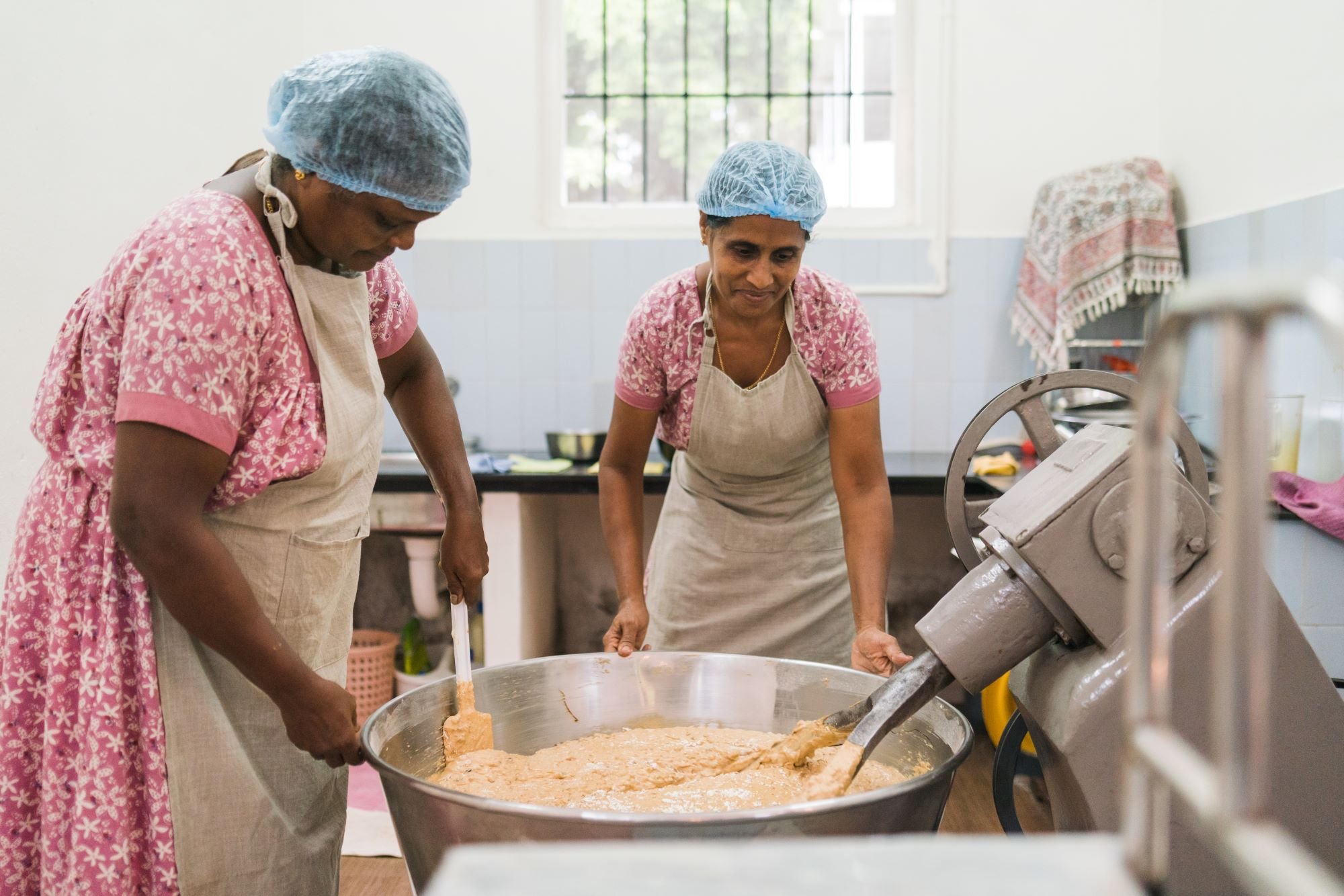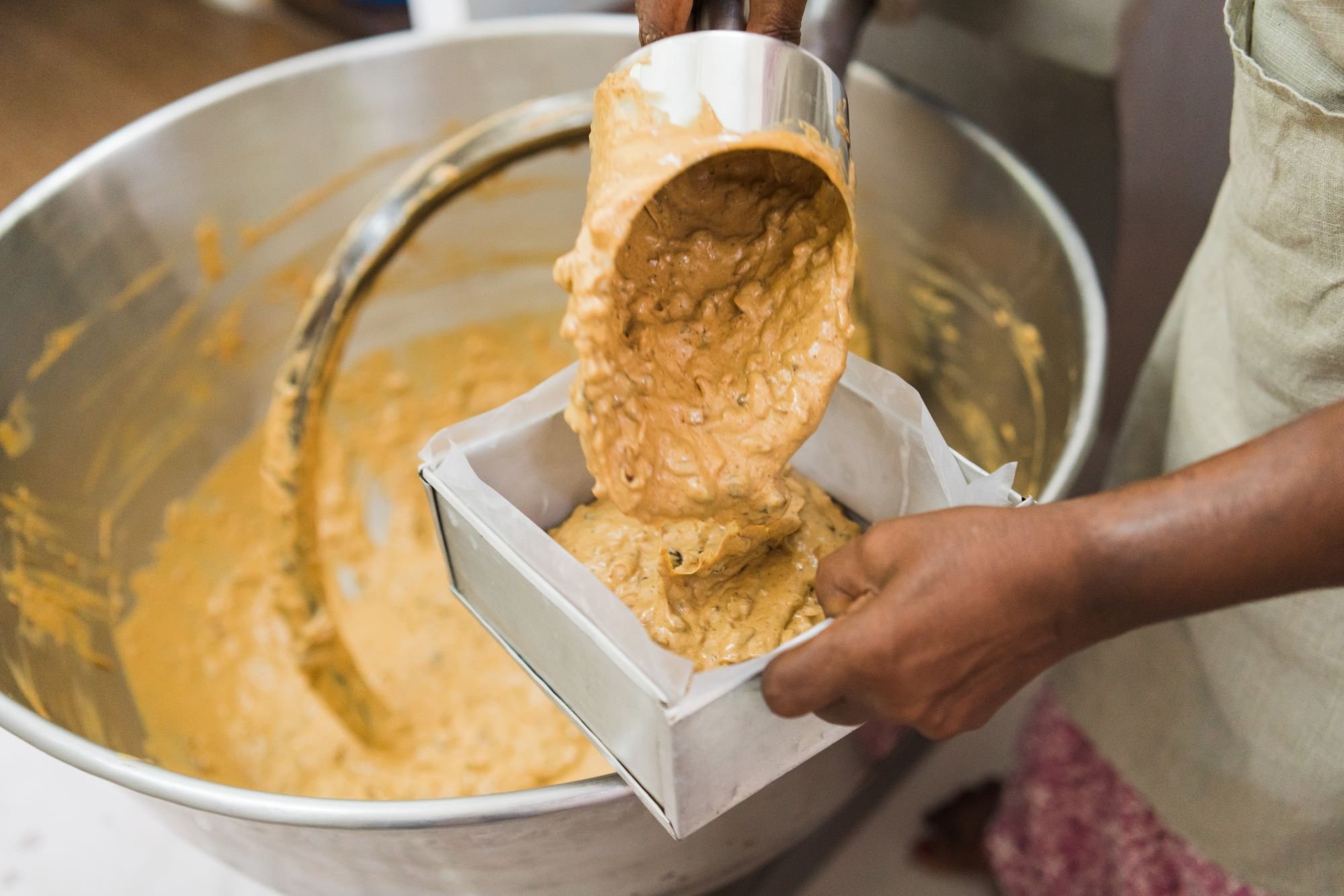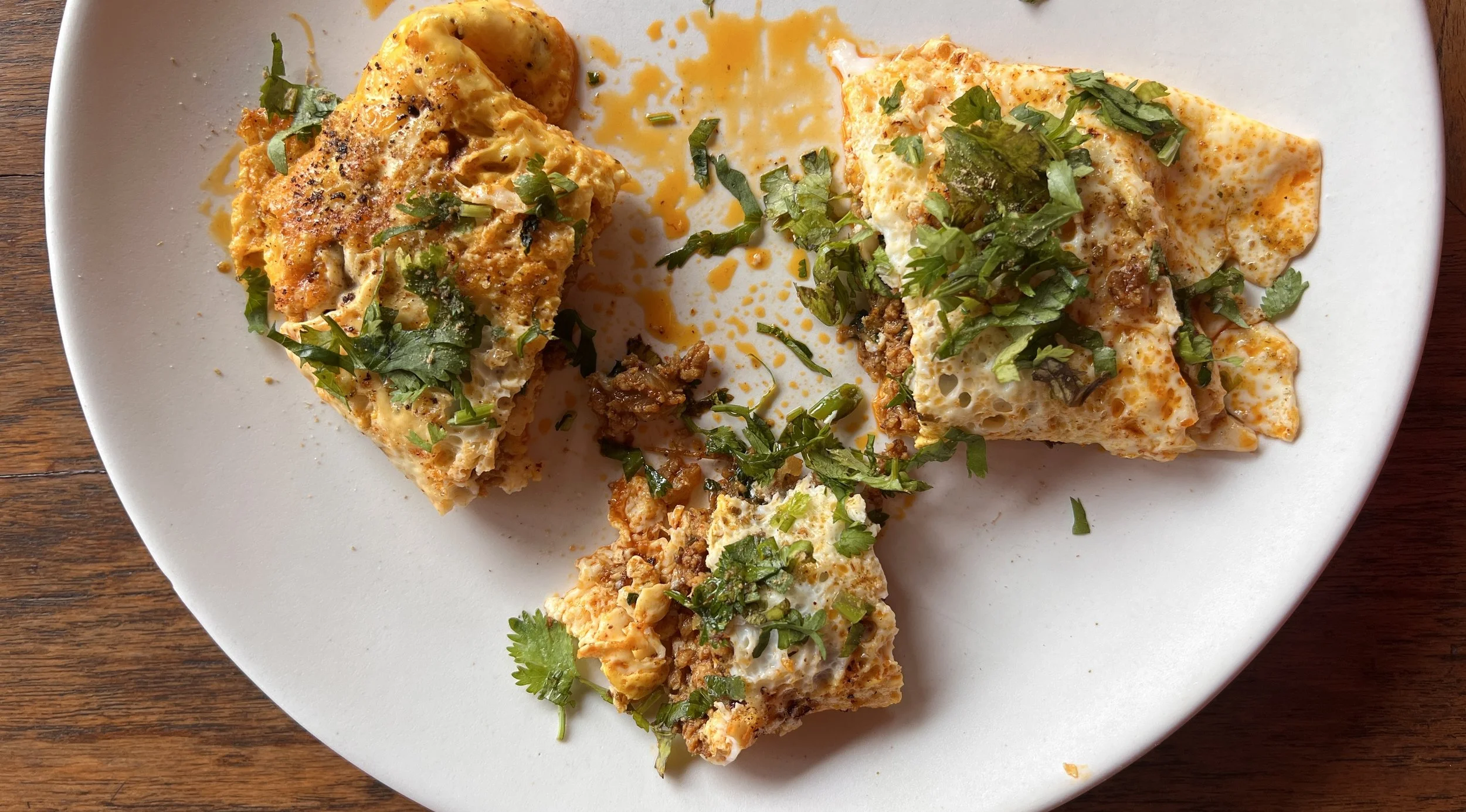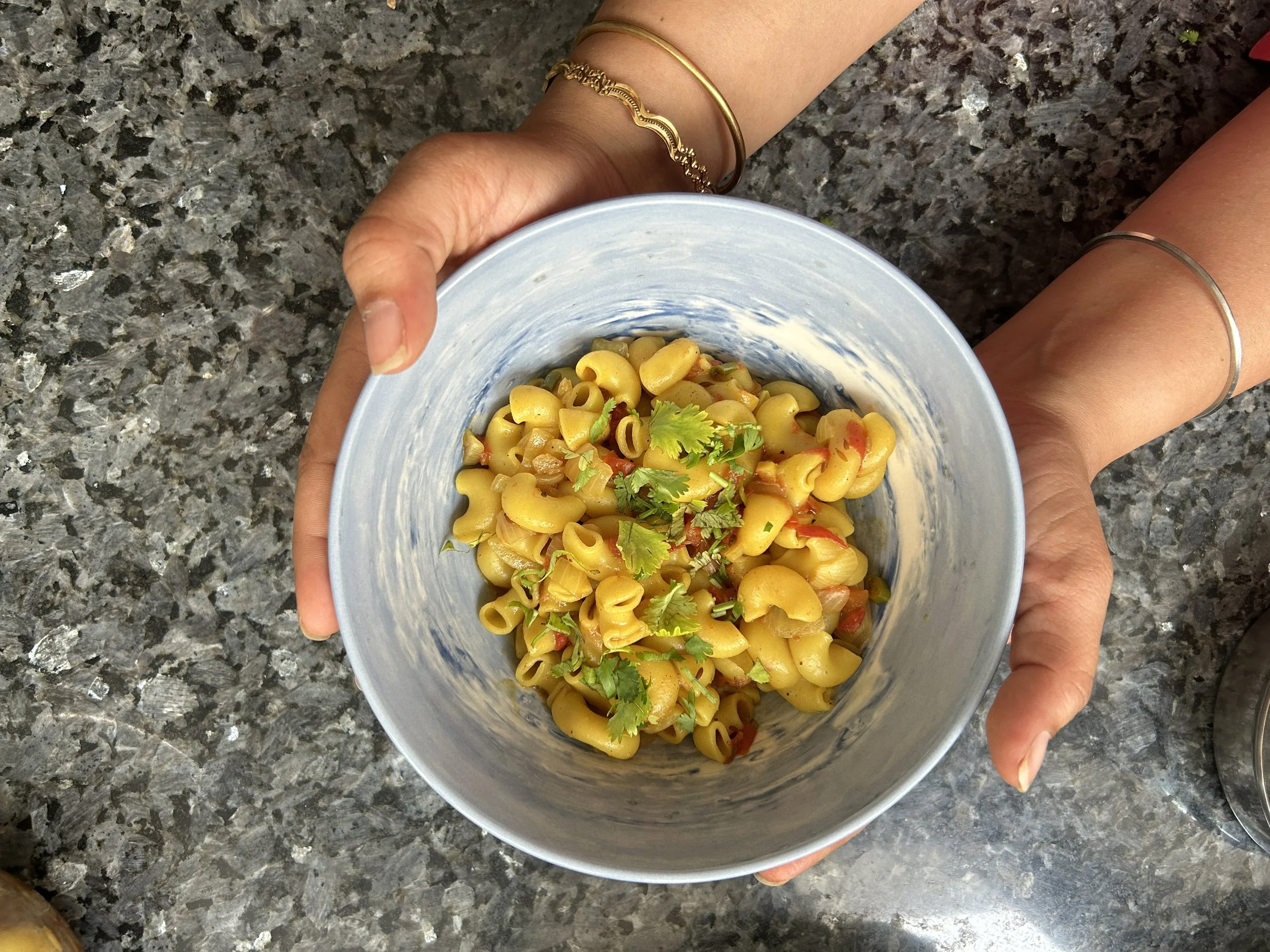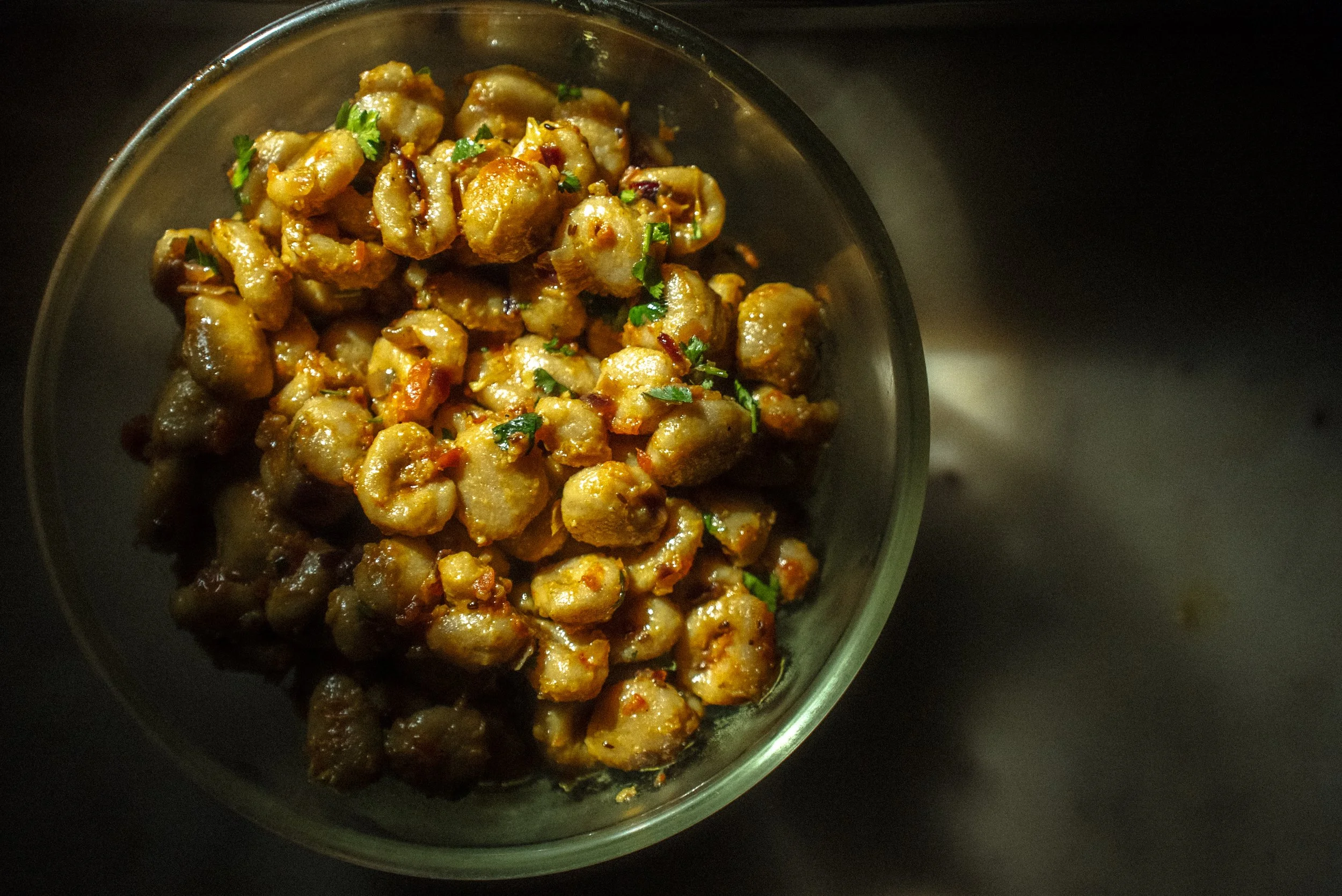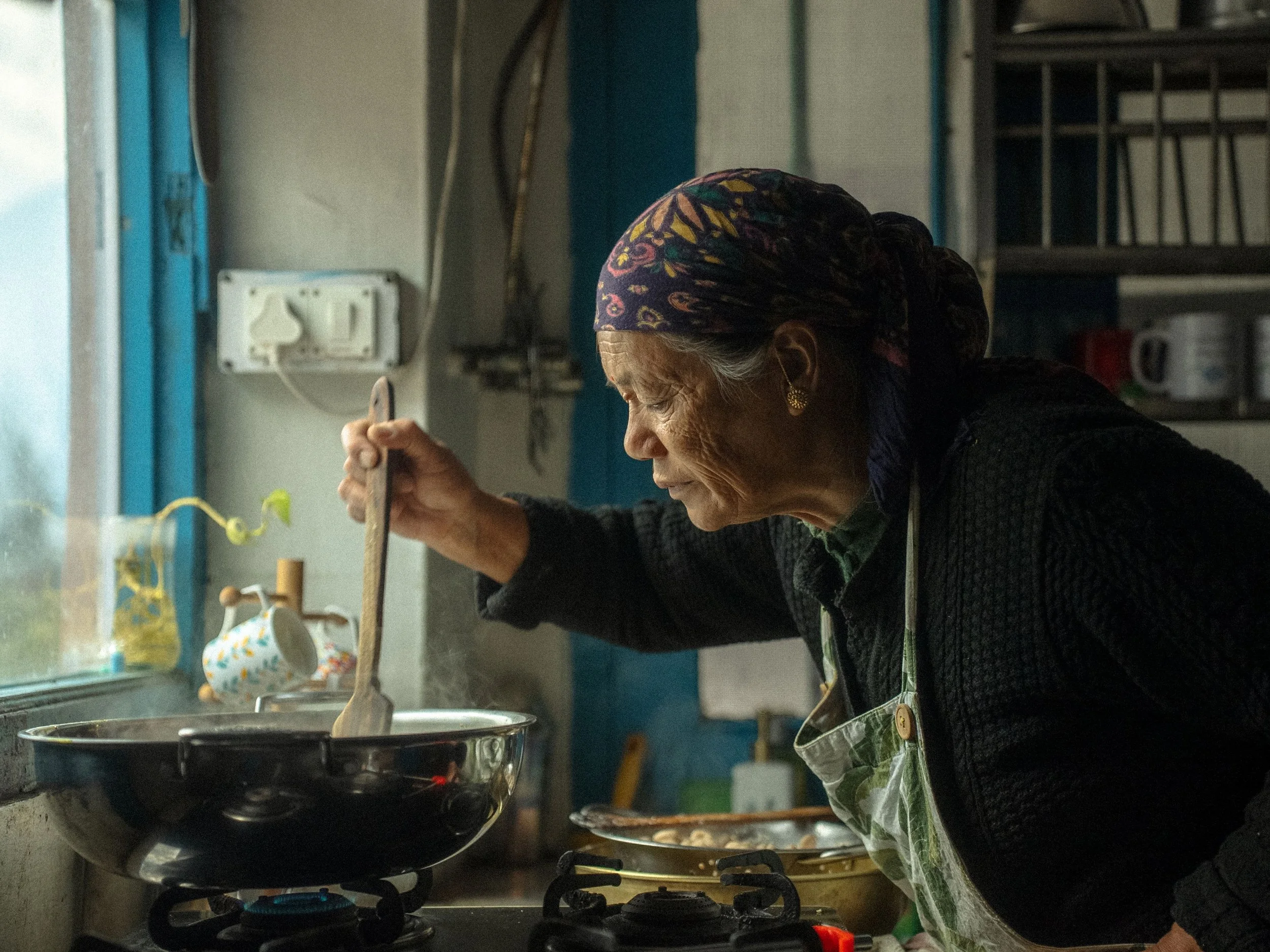Sheela Tomy, the Woman Behind Kerala's Most Beloved Christmas Cake

Kallivayalil Bakes in Pala, Kerala, lists onists only one product: Rich, intense, boozy Christmas fruit cake, widely acknowledged to be one of the best Christmas cakes in the country. And like any good Christmas cake it only gets better with time.
In a small village in Kottayam, Kerala, the weeks leading up to Christmas are a busy time for a group of 12. They gather daily in an immaculate kitchen to chop, cream, weigh, line, bake, and pack one of the country’s most exquisite fruit cakes of the season.
The rich, intense fruit cake is considered one of the country’s most beautiful Christmas fruit cakes.
“I’ve been doing this for 17 years now.” Sheela Tomy’s first batch, seventeen years ago, was a mere 33 kilos. This year, she has baked three thousand kilos of plum cake, that will travel from her bakery in Pala in Kottayam, Kerala, to Mumbai, Delhi, Ahmedabad, Gurgaon, Chennai and further. “We don’t ship overseas, but our customers carry our cakes with them, as they travel to their families in Dubai and America at Christmas-time.”
Sheela’s beginnings are small, and unexpected. “My father-in-law would gift fruit cakes to the old-age home nearby, during Christmas. I would bake about 150 cakes for him to distribute — that’s where it started. A few people started asking me about it; my first order was to my cousin in Chennai, 30 cakes! Then the volumes slowly grew by word of mouth.” (Read about the origins of Christmas cake, here)
Sheela’s bakery is unique in that makes only one item, available for three months in the year — fruit cake, from October to December. Her team is primarily women, with just one man. “In February we begin chopping the dry fruit and nut, readying them for the 6-month soak that starts in April.” Baking begins in October. “This year we started early, in September, because my son’s getting married at the end of the year,” Sheela explains.
When we ask her about the origins of her recipe, Sheela smiles modestly. “In Kerala, every Christian family bakes this,” she says. “My mother and mother-in-law would bake it every year, and I learnt it from them. Of course, I changed the process a little bit over the years.”
Her staff have been with her a long time. “Most have been here 7 years; a few have been with me longer – almost 20 years.” The women — Gracie, Ammini, Jainy, Lizza, Shyamala, Lizzie, Neetu, Molly, Asha (two of them), and Suja — live close to the estate, and return to their homes in the evening. Between them, paper is measured and the cake tins are lined; ribbons are prepped, and everything moves like a well-oiled machine. During quiet season at the bakery, they are employed on Sheela’s rubber estate, growing coconut, nutmeg, pepper and other fruits. “We make pickles out of whatever is grown here: nutmeg picke, kanimanga, kandari molagu, bamboo shoot pickle.” But these are available only to customers who come to visit the estate.
Jose handles the oven. “He has been with me for 16 years, and he can arrange up to one hundred cakes at a time in the borma.”
Her bakery’s unique oven, the borma, was built on site only when Sheela’s orders touched 500 kilograms. “Until then, I would take my batter down to a baker in Kanjirappally who had his borma in the town there. When my volumes increased, they sent me their mason to build one here.” The borma is fired with coconut shell. When the oven is pre-heated, the ash and shell are removed; temperature is controlled by opening the window in the front, through which cakes are loaded. The oven stays hot for two to three hours, and the residual heat is used to bake cakes. “All ovens were like this before electric ovens became available,” she explains.
The Baking Process
Sheela begins her day at 5.30 am. Her first task is to pre-heat her oven. The brick borma, lined with coconut shells, is set to burn for two hours. In the meanwhile, her team of 11, sets to work — whipping Amul butter with flour and sugar.
Jose, the only man on the team, checks the oven temperature, opening a little window in the front to adjust the heat levels. He clears the coconut shells and ash.
Nearby, the women pour the mixed batter into cake tins. These are meticulously weighed before being handed off to Jose who stacks them into the borma, with the easy precision of someone who has done it for years. Then they sit down for a rest.
The cakes bake long and slow, at 200 degrees for up to two hours. When they are done, Jose slides them out and stacks them in cooling racks. After a round of quality checks, the cakes are packaged and shipped out to homes and families around the country.
Kallivayalil lists 3 different kinds of fruit cake. The Exquisite Fruit Cake is made for special occasions and gifting, packaged in a wooden box that slides open to release the heady aroma of fruit cake. “In the Exquisite cake, I use exotic fruits that are a bit more expensive — like currants, apricot, strawberry, blueberry, and cranberry, soaked in rum.” She also adds in cashew nuts and nutmeg, grown on her own estate.
The Super Rich and Rich fruit cake, priced lower than the Exquisite cake, use locally available fruit — orange peel, ginger, dates, figs, raisins, black grape — and are soaked in rum and wine respectively.
Does she have ambitions to branch out? Sheela laughs. “Now, I am 68 years old. I’d like to continue my work so long as I can. None of my children are here to help me, and I don’t think they will be carrying on this business. So, for as long as I can, I will continue baking. But no, I have no plans to scale or make this bigger than it is.”
Photos by Ojas Thekkekara of Ginger Films. Words by Anisha Oommen, co-founder of Goya.
ALSO ON GOYA






